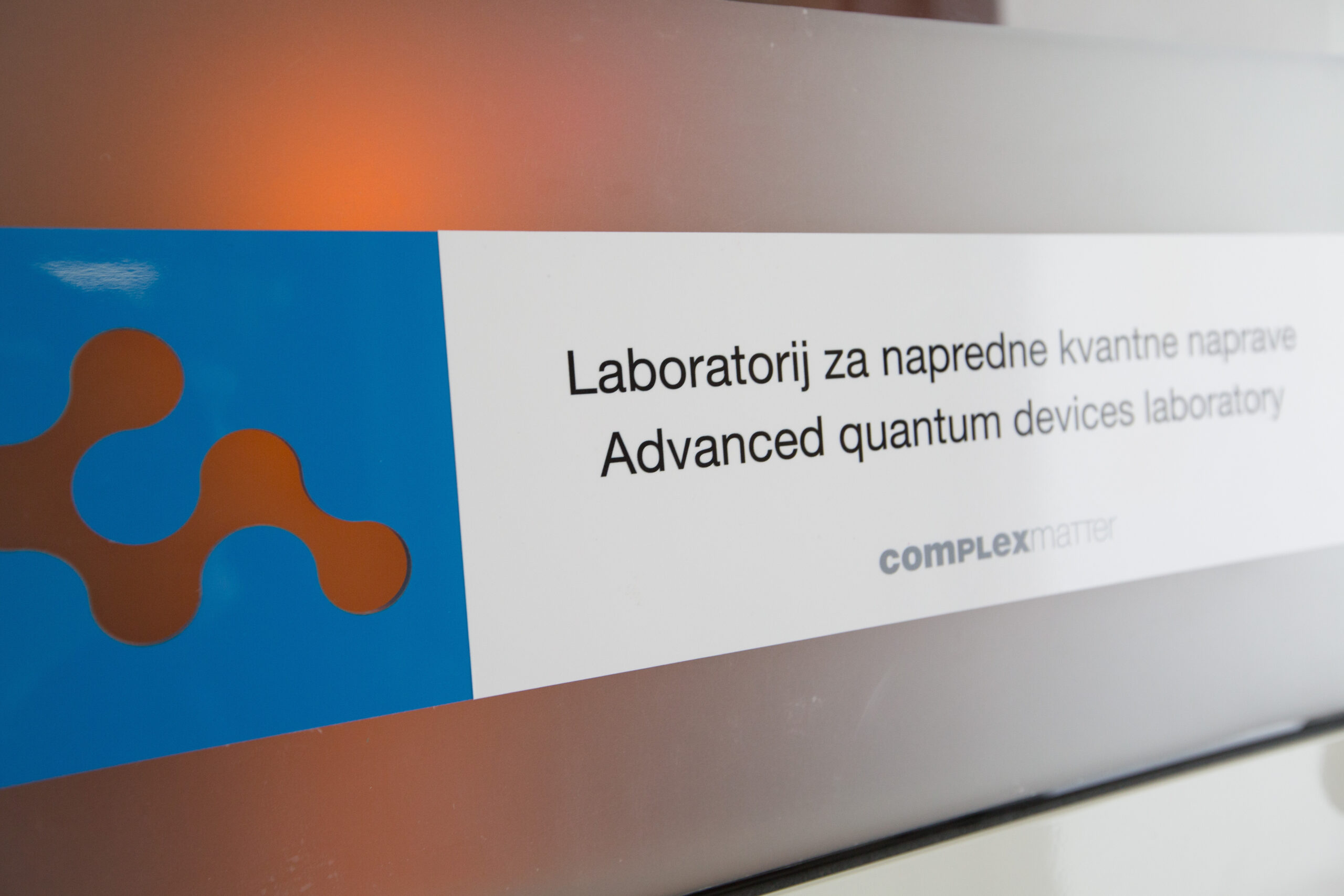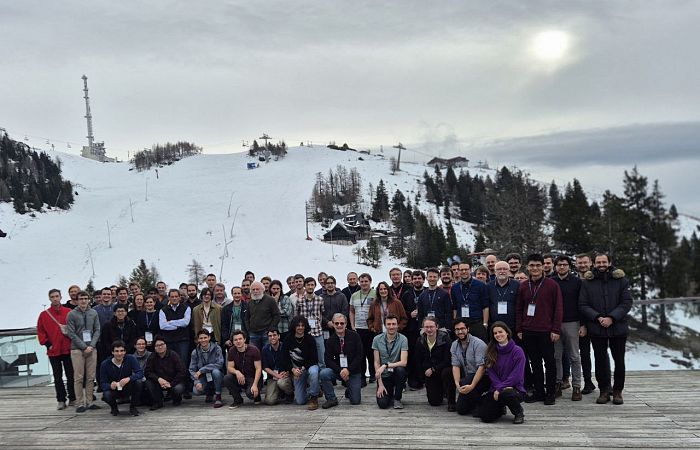A central challenge for understanding unconventional superconductivity in most strongly correlated electronic materials is their complicated band structure and presence of competing orders. In contrast, quasi-two-dimensional organic spin liquids are single-band systems with superconductivity arising near the bandwidth-tuned Mott metal-insulator transition in the absence of other orders. We study chemically substituted k-organics in which superconducting fluctuations emerge in the phase coexistence region between the Mott insulator and the Fermi liquid. Using magnetotransport and ac susceptibility measurements, we find that global superconductivity fails to set in as temperature T® 0. Our results indicate instead the presence of superconducting domains embedded in the metallic percolating cluster that undergo a magnetic field-tuned quantum superconductor to metal transition. Surprisingly, albeit consistent with the percolation picture, universal conductance fluctuations are seen at high fields in macroscopic samples. The observed interplay of the intrinsic inhomogeneity and quantum phase fluctuations provides a new insight into failed superconductivity, a phenomenon seen in various materials including other unconventional superconductors, such as cuprates.
On the website, we only use cookies that are permitted in accordance with the ZEKom-1 law. Only cookies that are absolutely necessary for the operation of this website are used. To record page visit statistics, we use a system that only records the session cookie and does not track your further behavior on the website or in connection with other sites. By continuing to use this website, you agree to the use of the described cookies.

